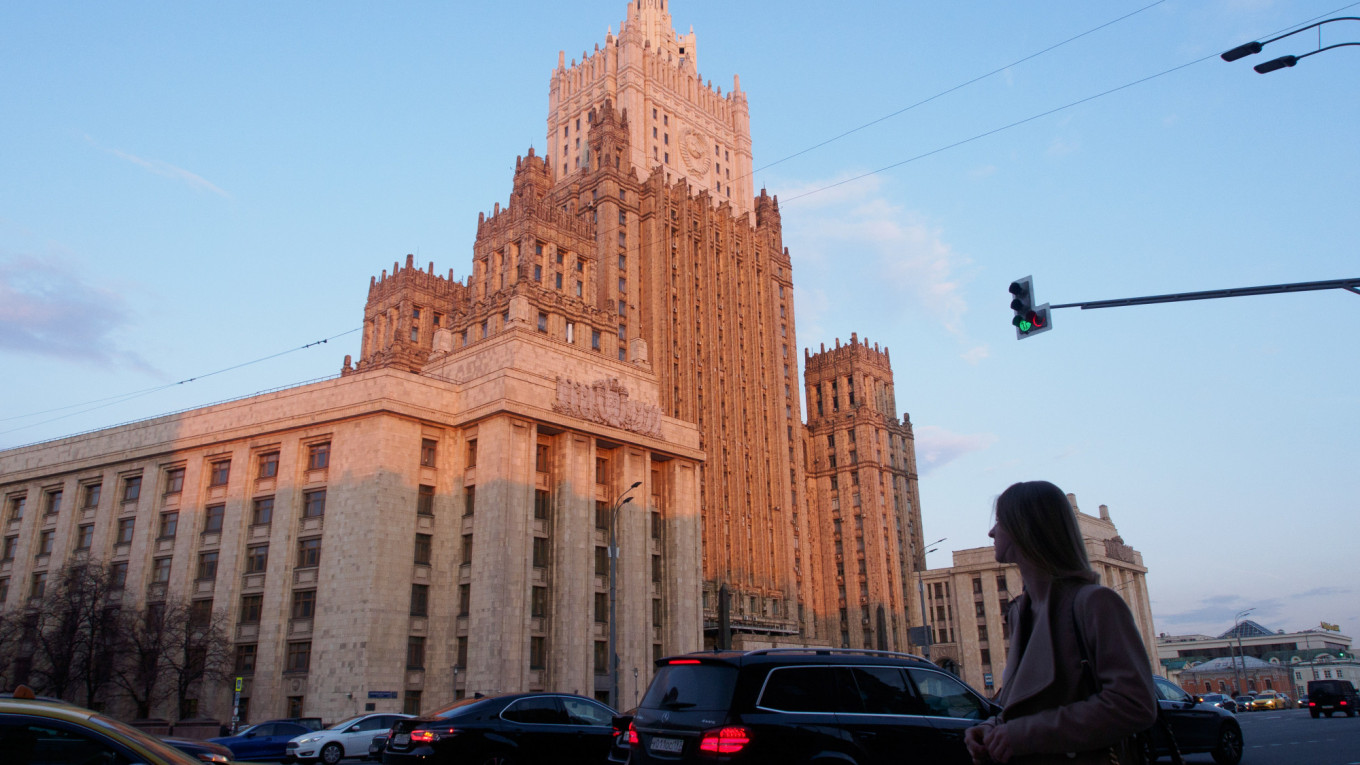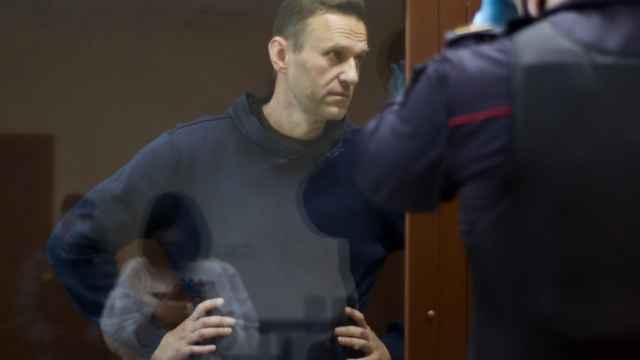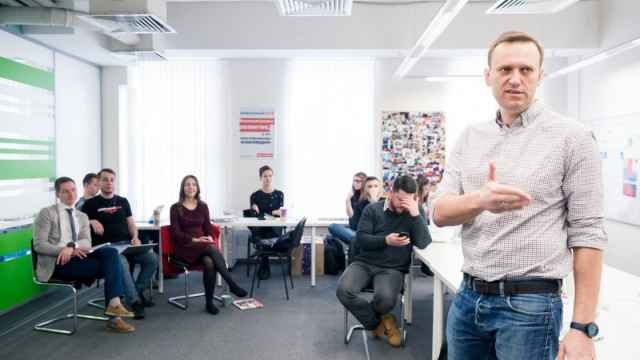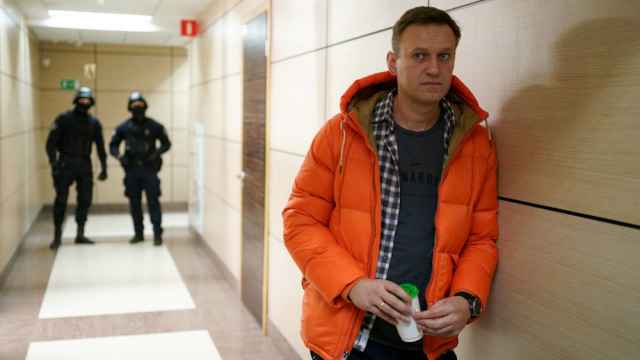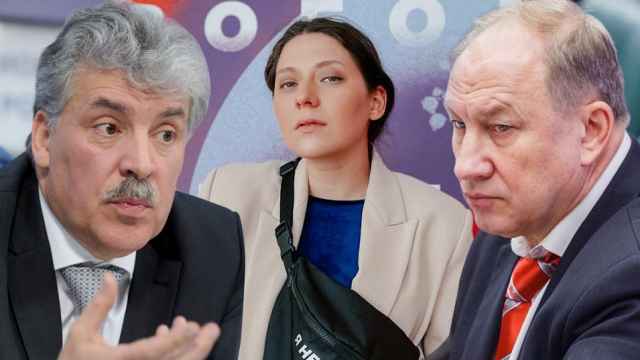Moscow said Friday it will ban seven British "representatives" from entering its territory in retaliation over UK sanctions sparked by the near-fatal poisoning of jailed Kremlin critic Alexei Navalny.
In August, Britain sanctioned seven Russian officials on the first anniversary of the poisoning of President Vladimir Putin's most vocal domestic critic.
The individuals — all members of Russia's domestic security service the FSB, successor to the KGB — were accused of planning or carrying out the Aug. 20, 2020, nerve agent attack. They face asset freezes and travel bans under the sanctions.
"In response to London's unfriendly actions and on the basis of the principle of reciprocity, it was decided to impose personal sanctions against a proportionate number of British representatives who are closely involved in anti-Russian activities," the Russian foreign ministry said.
"They have been barred from entering the territory of the Russian Federation," the ministry added, without giving any further details of the seven being targeted.
Moscow accused London of intending to continue to pursue a "destructive course" in bilateral ties.
Western intelligence agencies have assessed with "high confidence" that FSB officers poisoned Navalny with the Novichok nerve agent last year.
The dissident was flown to Germany for treatment but defiantly returned in January, only to be arrested and then sent to prison.
London's relations with Moscow have been dire since the 2006 radiation poisoning death in the British capital of former spy Alexander Litvinenko.
He blamed Putin for his death in a posthumous message.
Relations worsened after the 2018 attempted murder of former double agent Sergei Skripal and his daughter in the English city of Salisbury, using Novichok.
That prompted tit-for-tat expulsions of diplomats in both capitals.
A Message from The Moscow Times:
Dear readers,
We are facing unprecedented challenges. Russia's Prosecutor General's Office has designated The Moscow Times as an "undesirable" organization, criminalizing our work and putting our staff at risk of prosecution. This follows our earlier unjust labeling as a "foreign agent."
These actions are direct attempts to silence independent journalism in Russia. The authorities claim our work "discredits the decisions of the Russian leadership." We see things differently: we strive to provide accurate, unbiased reporting on Russia.
We, the journalists of The Moscow Times, refuse to be silenced. But to continue our work, we need your help.
Your support, no matter how small, makes a world of difference. If you can, please support us monthly starting from just $2. It's quick to set up, and every contribution makes a significant impact.
By supporting The Moscow Times, you're defending open, independent journalism in the face of repression. Thank you for standing with us.
Remind me later.


